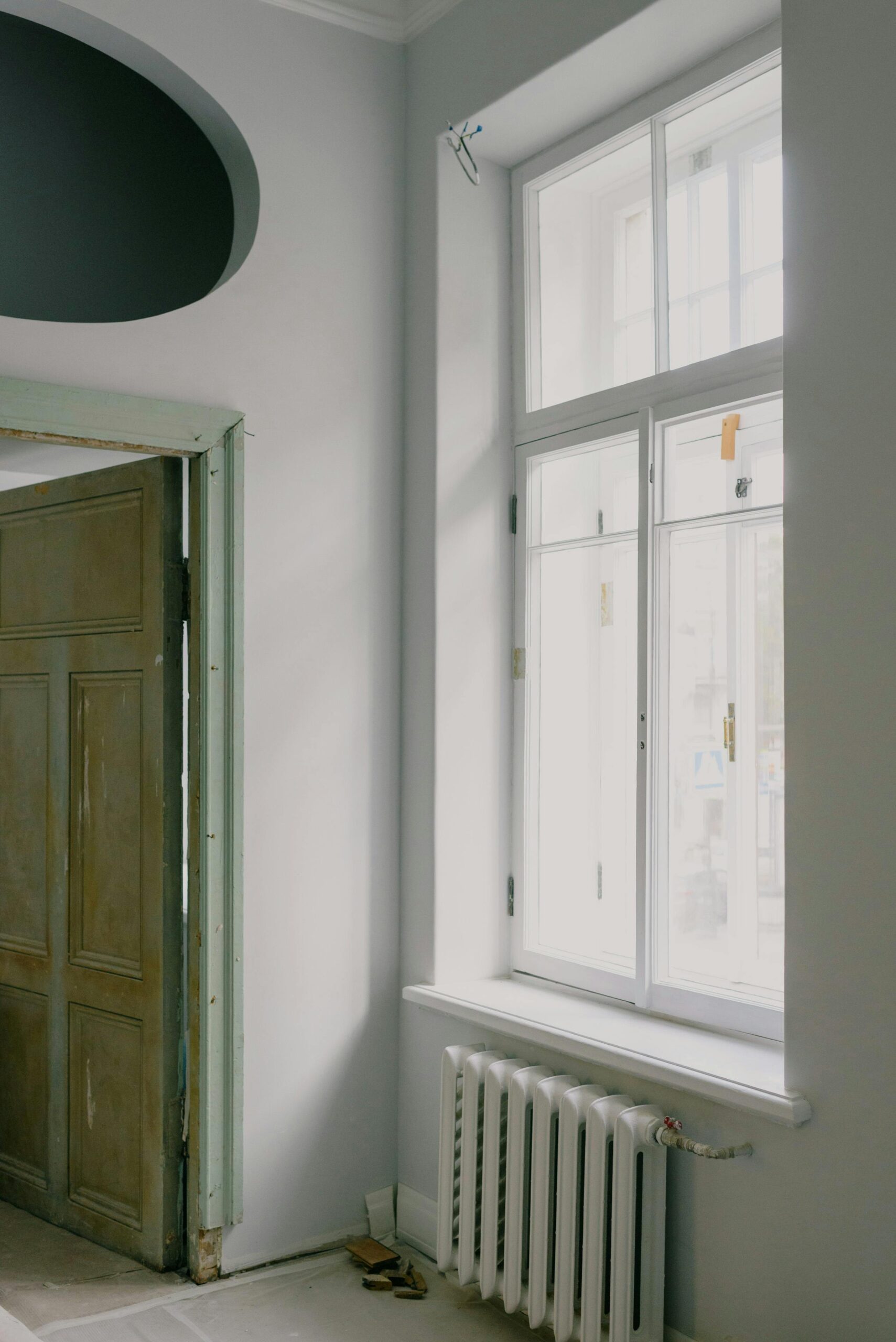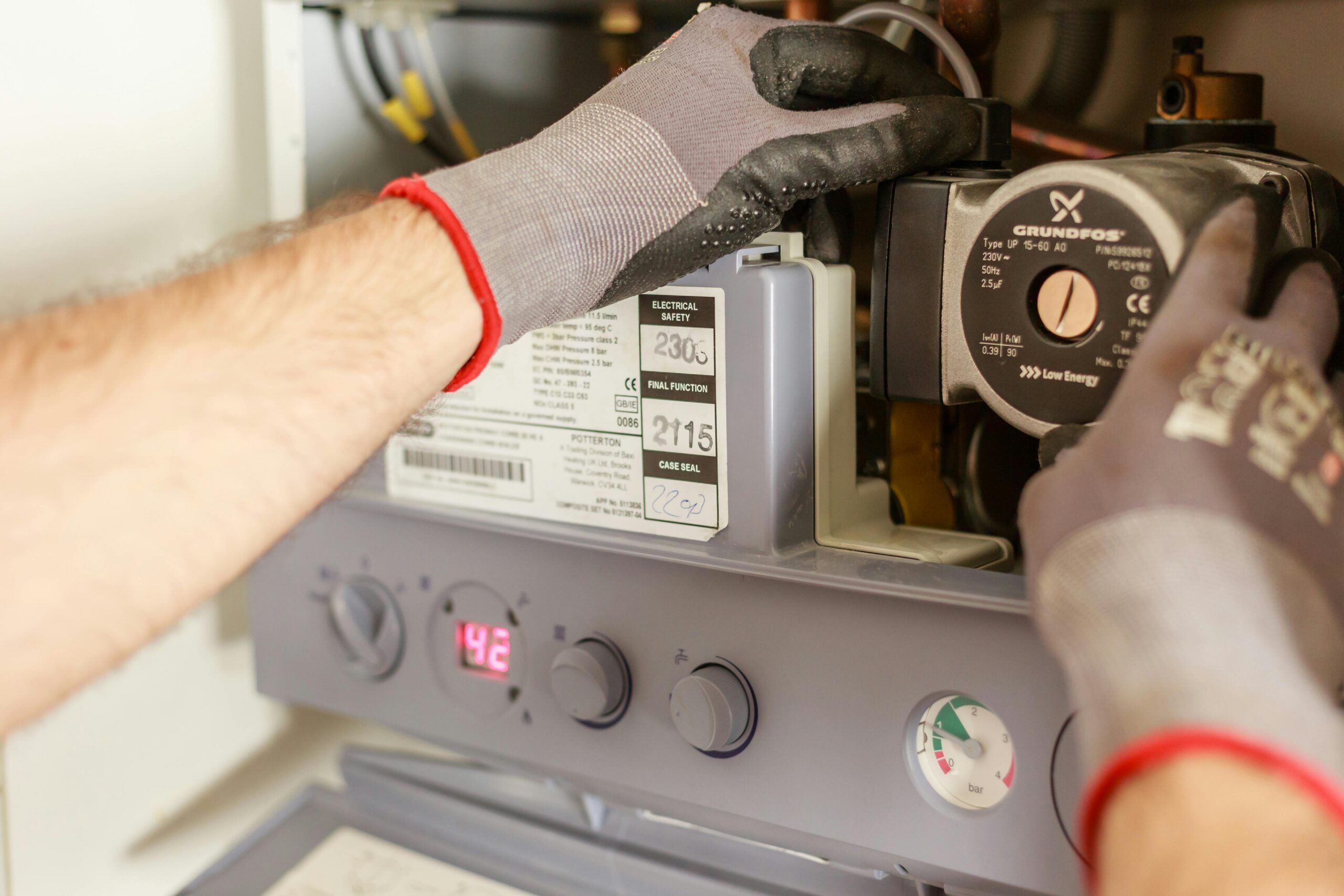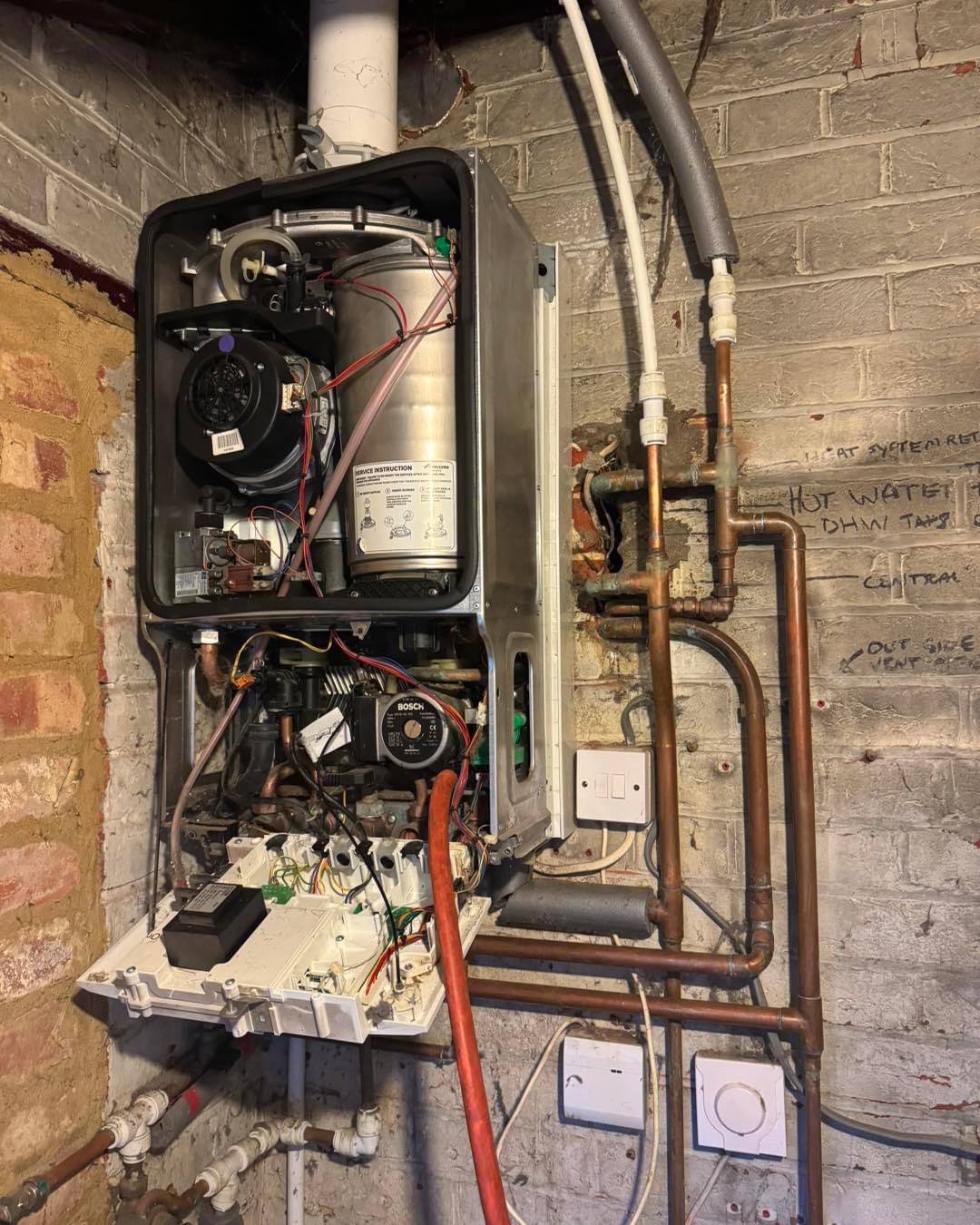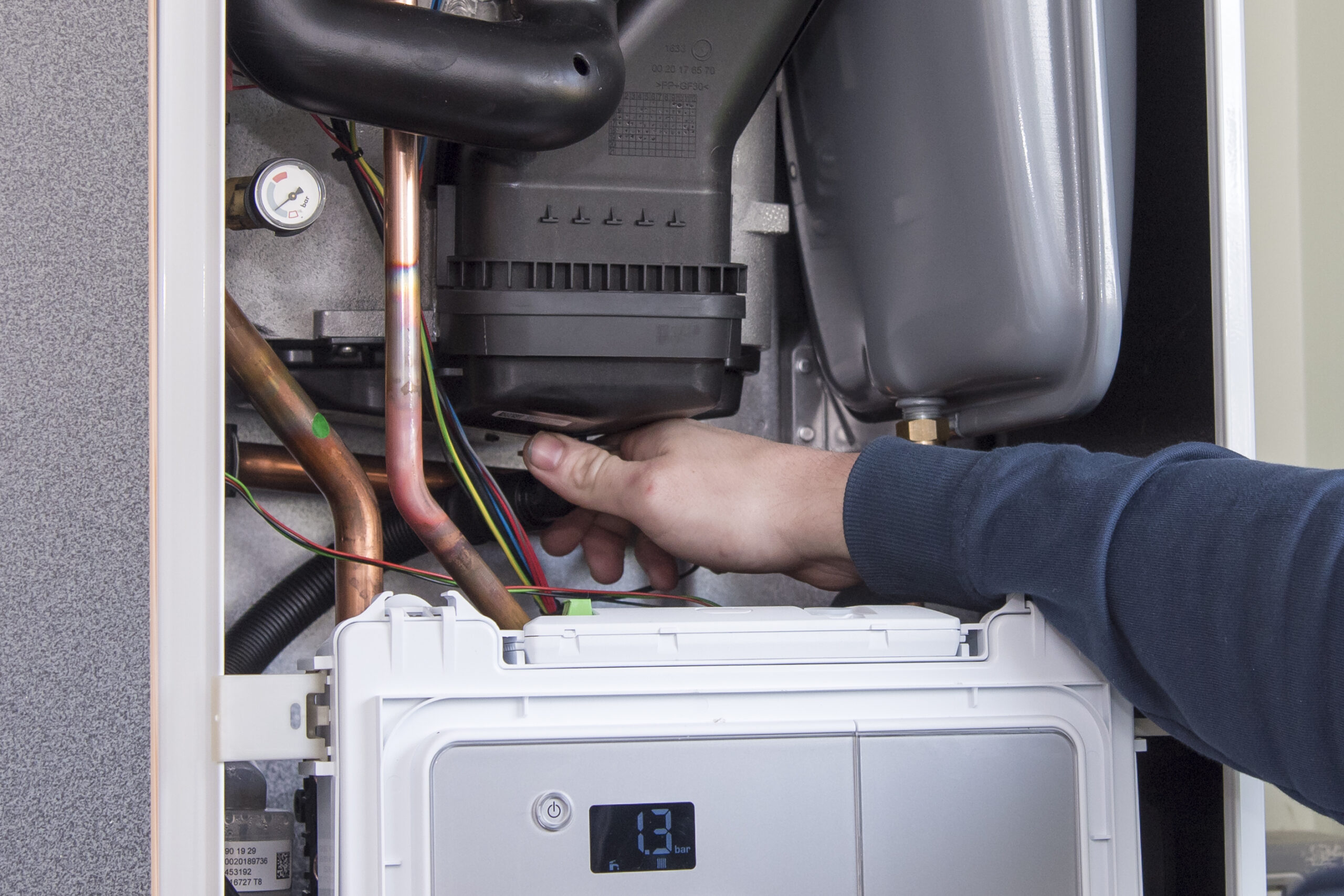When it comes to heating system maintenance Portsmouth residents are right to be looking for heating technicians they can trust, ensuring that your heating system is in top condition is important, especially during the colder months which are approaching by the way. Regular maintenance not only helps keep your home warm and comfortable but also ensures that your heating system operates efficiently, saving you money on energy bills and reducing the risk of unexpected breakdowns.
Heating systems, especially boilers, work hard during the winter, and like any mechanical system, they require regular attention to stay in good working order. Without proper maintenance, boilers can develop issues such as pressure imbalances, leaks, and faulty parts, all of which can lead to inefficient heating or even complete system failures. Regular maintenance checks allow technicians to identify and fix minor problems before they escalate into major, costly repairs.
In this article, we at Hayes Plumbing and Heating, will explore the key areas that professional technicians like us focus on during heating system maintenance in Portsmouth. From checking the boiler and inspecting the thermostat to ensuring proper ventilation and safety, we’ll break down what’s involved in keeping your heating system running efficiently and safely. Understanding these essential maintenance tasks can help you see the value of regular upkeep and ensure that your system serves you reliably throughout the winter months. Let’s go into what we technicians do to keep your home warm and your heating system in optimal condition.
Checking The Boiler And Its Components
A major focus during heating system maintenance Portsmouth is the boiler, which is the heart of the entire system. Ensuring that the boiler is in good condition is essential for both efficiency and safety. Here are the key components technicians will inspect when they assess the boiler:
1. Burner and Heat Exchanger: The burner is responsible for igniting the fuel that heats your home, while the heat exchanger transfers that heat to the water circulating through your system. Over time, debris and soot can build up in these components, reducing their efficiency. Technicians will clean the burner and inspect the heat exchanger for any signs of wear or damage. By maintaining these components, the system operates more efficiently, saving energy and reducing bills.
2. Boiler Pressure: Maintaining the correct boiler pressure is vital for the system to function efficiently. If the pressure is too low, the boiler won’t circulate hot water properly, leading to uneven heating. On the other hand, high pressure can strain the system and cause leaks or other malfunctions. Technicians will check the pressure gauge and adjust it if necessary to ensure it falls within the recommended range, preventing long-term damage.
3. Pilot Light or Ignition: Older boilers have a pilot light, which must remain constantly lit for the system to work. If the light goes out, it could indicate a problem with the ignition or a lack of gas supply. Modern systems use electronic ignition, which also requires regular inspection to ensure it starts the boiler efficiently. Technicians will test the pilot light or ignition system to confirm it’s functioning as expected, ensuring your heating runs smoothly.
4. Water Leaks: Leaks around the boiler are a common issue, and they can lead to water damage and reduce system efficiency. During maintenance, technicians will check for any signs of leaks or corrosion around the pipes, seals, and joints connected to the boiler. Identifying and fixing small leaks early can prevent larger, more costly problems down the road.
5. Flue and Ventilation: The flue is essential for expelling harmful gases, such as carbon monoxide, safely outside the home. Blockages in the flue can lead to dangerous gas build-up, so technicians will check that the flue is unobstructed and venting correctly. They will also ensure the ventilation around the boiler is adequate to prevent overheating and improve safety.
By focusing on these key components during heating system maintenance in Portsmouth, technicians help ensure your boiler is running efficiently and safely, reducing the risk of breakdowns and expensive repairs.

Thermostat Inspection And Calibration
The thermostat plays a key role in regulating your home’s temperature, making it an important component of heating system maintenance Portsmouth residents usually take concern to. Technicians focus on ensuring that the thermostat functions properly because an inaccurate thermostat can cause your heating system to work inefficiently, resulting in higher energy bills or inconsistent temperatures in your home.
1. Thermostat Calibration: One of the first tasks during thermostat maintenance is checking its calibration. Over time, thermostats can become inaccurate, displaying incorrect temperatures or failing to maintain the set temperature. Technicians will test the accuracy of the thermostat by comparing its reading to the actual room temperature. If there’s a discrepancy, the thermostat may need recalibration to ensure it accurately reflects the temperature and operates the heating system efficiently.
2. Testing Response Time: A properly functioning thermostat should respond promptly when the temperature in your home changes. During maintenance, technicians will test how quickly the heating system responds to changes in the thermostat settings. A delayed or sluggish response might indicate a problem with the thermostat itself, or an issue with the system’s wiring, both of which would need further inspection and repair.
3. Evaluating the Placement of the Thermostat: The placement of the thermostat can significantly impact its performance. For example, if the thermostat is located near a drafty window, direct sunlight, or a heat source, it may get false readings, causing the heating system to turn on or off at the wrong times. Technicians will check the location of the thermostat and, if necessary, recommend relocating it to a more suitable position, where it can accurately gauge the overall room temperature.
4. Programmable and Smart Thermostats: For homes with programmable or smart thermostats, maintenance includes checking the system settings and ensuring they are tailored to your daily routine. Smart thermostats allow for more energy-efficient heating by adjusting the temperature based on your habits and preferences. Technicians will verify that the smart features are functioning correctly and that the device is connected to your home’s Wi-Fi if necessary. They will also make sure that schedules or temperature zones are set up properly to minimise energy waste.
5. Inspecting Thermostat Wiring: The wiring that connects the thermostat to the heating system can sometimes degrade or become loose. Technicians will inspect the wiring to ensure there are no faults, which could affect the thermostat’s ability to communicate with the boiler. A loose connection could result in erratic heating or cause the system to fail to respond altogether.
Incorporating regular thermostat checks as part of heating system maintenance in Portsmouth ensures that your heating system runs efficiently and keeps your home at a comfortable temperature throughout the winter.
About the Author: Hayes Plumbing & Heating
Share This Story, Choose Your Platform!





